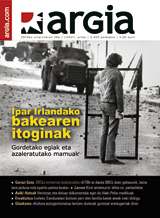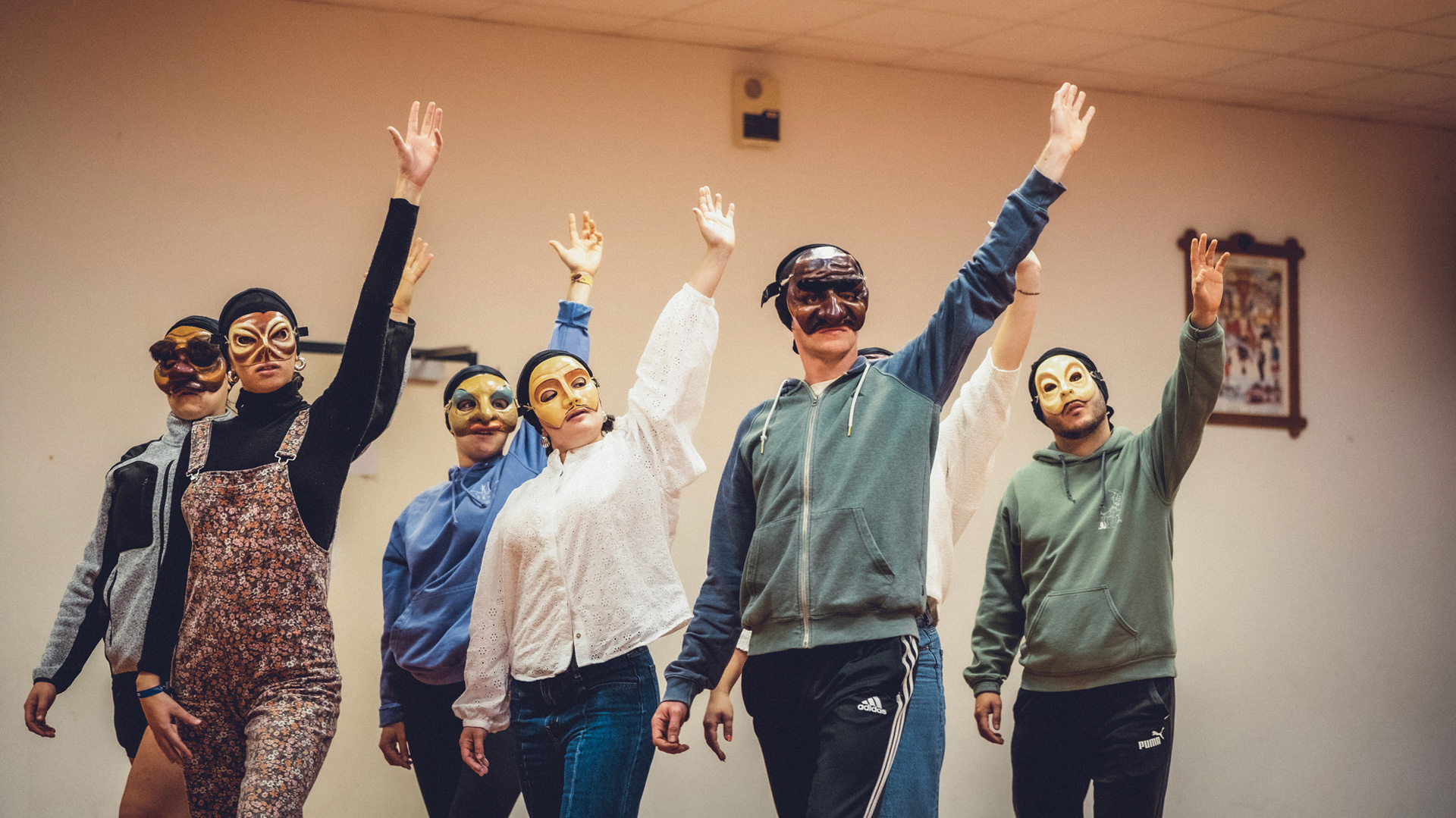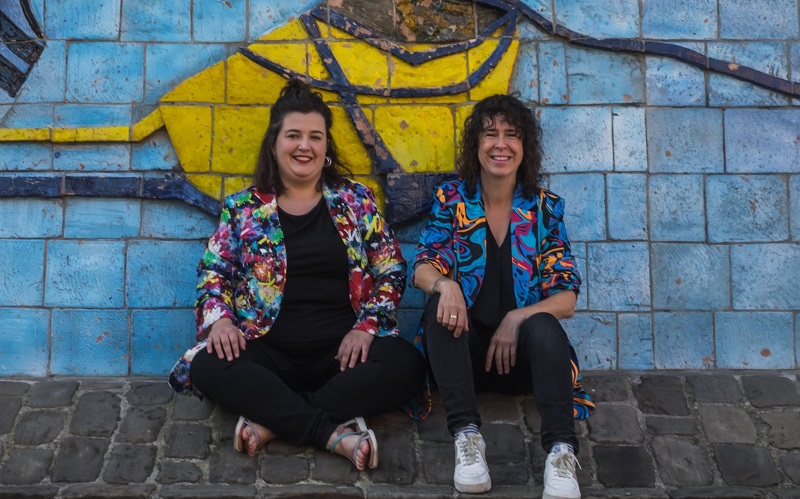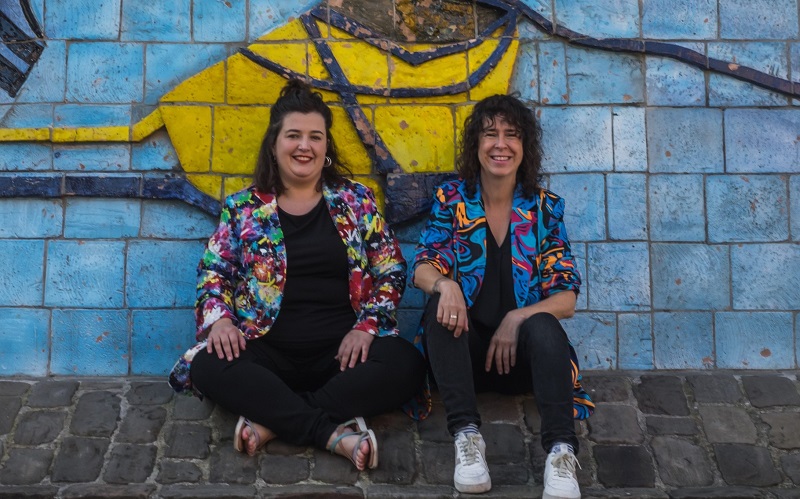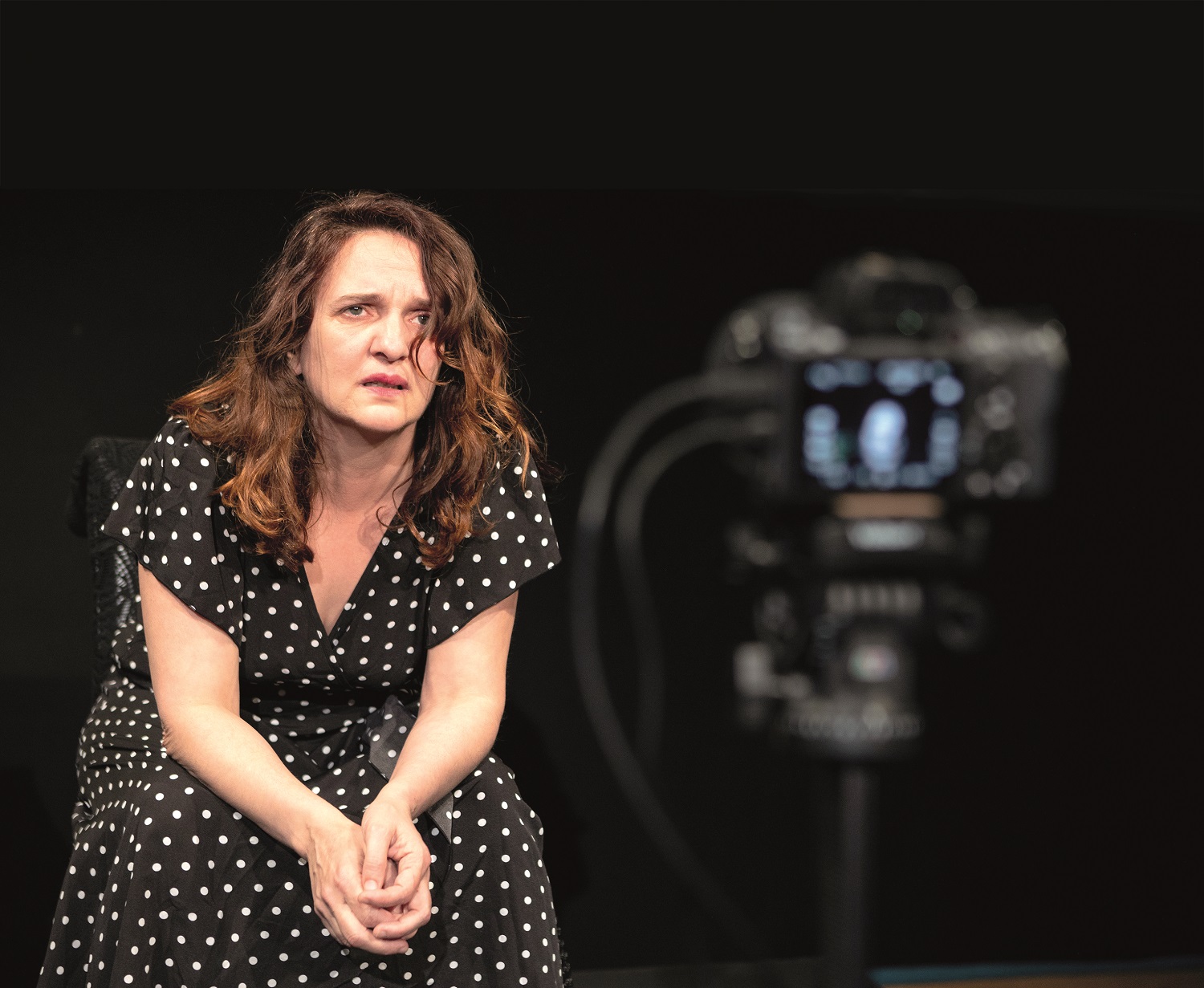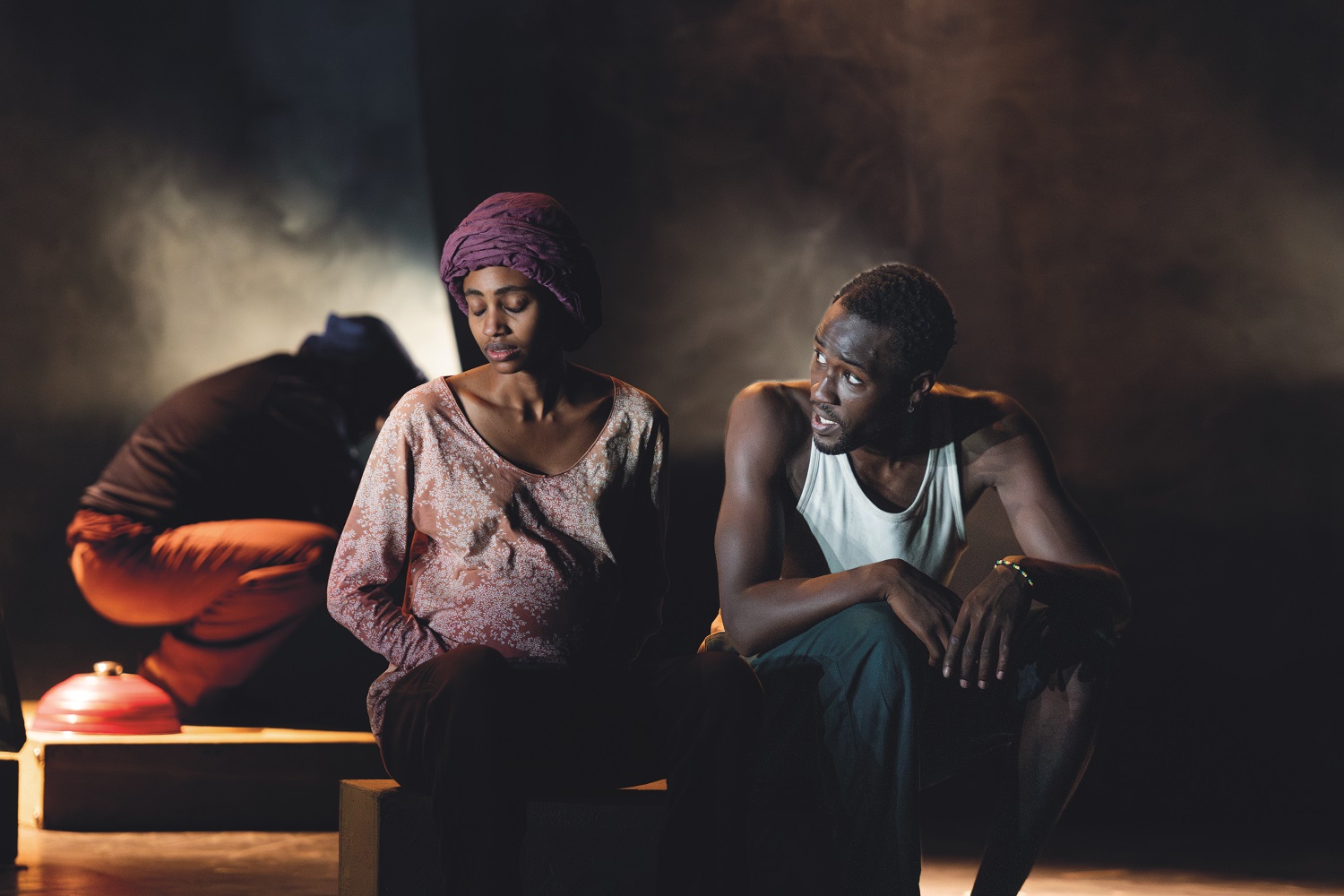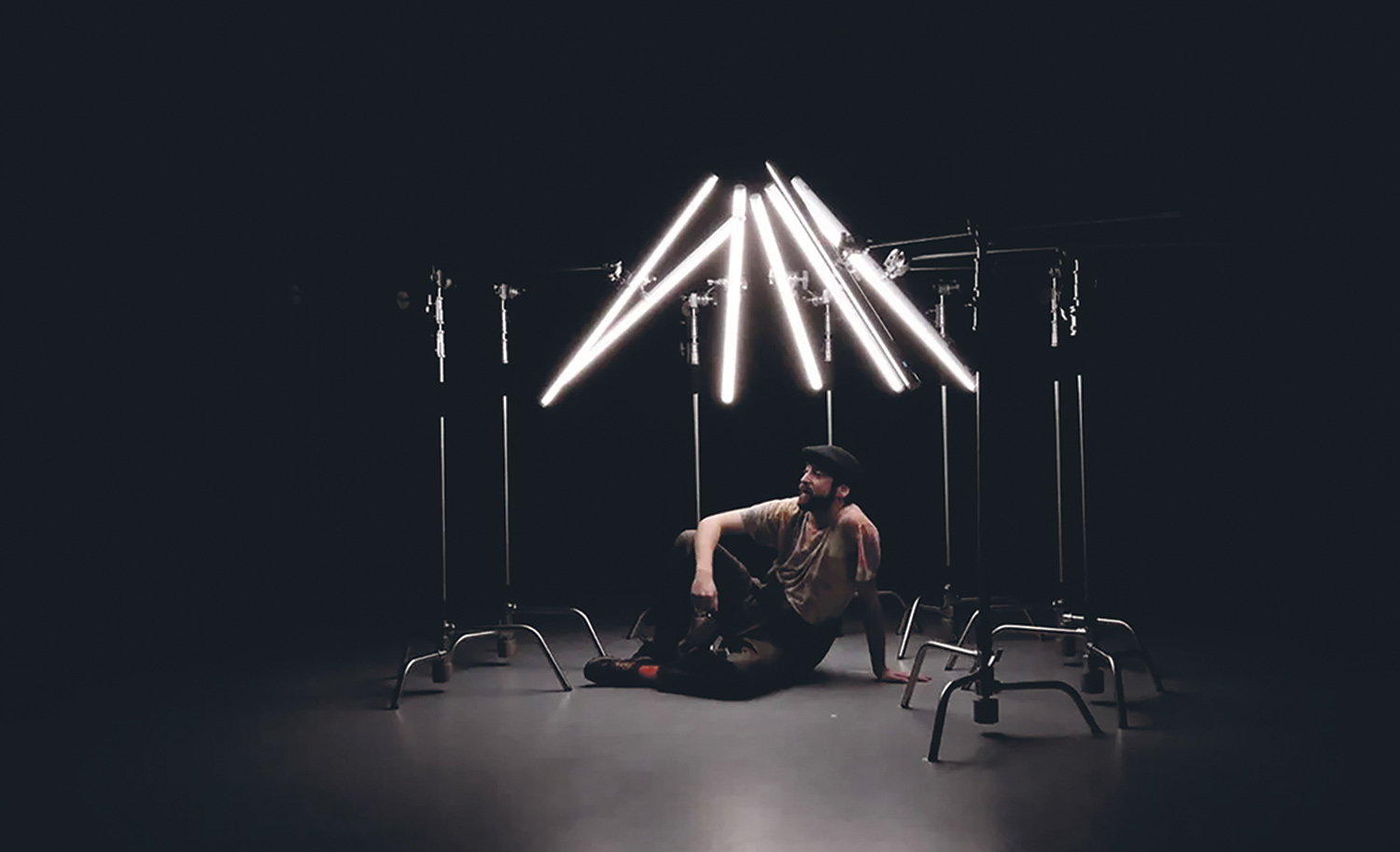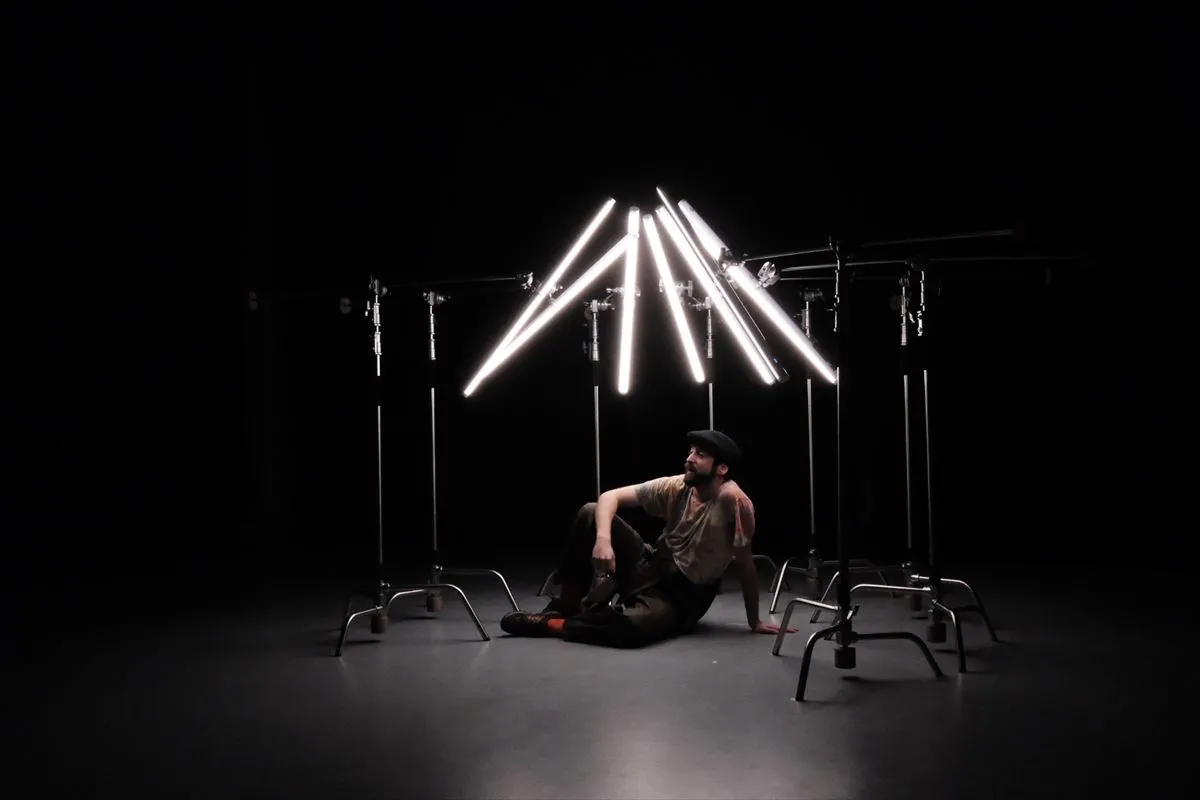A theater that resembles freedom
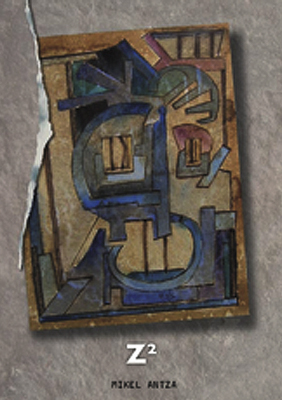
There are few theatrical texts published on paper. If we look at the recent Durango Fair, we have found two self-created works and a translation: The journal Maiatz has published Z², by Mikel Antza, in issue 57, by the editorial Mutila Artezblai, by Juan Mayorga, translated by Fito Rodríguez. The comic Habiak was created from the play Gizakia ez da Txoria, by the hand of Dejabu and Maite Gurrutxaga, and edited by the editorial Txalaparta. And Karmele? would be the most recent reference, published by Editorial Edo!.
In the performing arts, there is a certain love-hate relationship between the staging text and literature. Because, to a large extent, within what has been called “post-dramatic” theater, there have been some ways of understanding the staging text. The use of text is not denied in contemporary plays, but its elaboration departs from the dramatic narrative structures. That is why it is difficult to translate this conception of the text into paper (even if it has “quality” and literary characteristics) without giving further explanations about dramaturgy, as these texts must be understood in the context of the poetic structures that are built together with group work and other stage elements.
This same circumstance can be one of the keys to understanding the scarcity of works that today reach the role: the need to reinvent the theater in Euskera on paper, makes that when the text arrives it has little impact on the public. In any case, the literature needs the theater, the stage terrain needs the role; it also needs literary authors and post-dramatic authors, because with all of them the scene landscape is completed. At the moment, the formal and poetic freedom that shows a part of the current textual production in its options is rarely collected on paper.
In this respect, we must take into account the efforts made by Mikel Antza, even more so in the knowledge of the conditions under which he has done so. Before we met Antza the miracle of the spa of Betelu, and we also learned of his fondness for the theater, citing Kantor, Ionesco, Artaud, Brecht, Godot, among the lines of the foreign novel. In this z² we will find the echoes of the work of Jean Genet, The relentless guardian, translated by the author himself, to begin in the same title. As for the content, these words in contrast perfectly explain the essence of the book: “The jail appears in Z², but not only that. The man who has prisoners, the woman and also us, the listeners, the readers, we show up. In her raw, in our own.”
The attitude that the author himself expresses in his preamble largely responds to the tendencies and concerns of the current theatre: “I have always represented the playwrights working with the group (...). The letter is, in my view, a basis on which the outcome that will be offered to society should be completed. Or it can also be used as an element to enrich another base. Remove or add parts. Use only one part. That is, you have total freedom to do what you want.”
In the same text, Antza has taken an interesting path, finding a kind of path between the works that have come to us in recent times in texts published of its own creation in Basque. It does not show the passages that the writers who come from the narrative let themselves be led by the theater, that is, it does not fall into that theater that serves to interpret, but to read; nor is it located at the other end, in the experimentation linked to poetry, or in the tendency that turns the word into a crutch of physical action. Still, it's got some of the two. Mikel Antza has divided the work into scenes of natural force, the situation is always the same – prison – but each scene has its own poetics. In the dialogues he has brought the words to a minimum, seeking in them possible physical actions, proposing interesting instructions and intuitions for a dramaturgy in the appointments. The monologue’s moments are mixed with the dialogues: although some are too close to that literary tone, others have an impressive rhythm, the author manages short phrases, the rhythm and the elements of orality. Some of these monologue moments can allow you to experiment with making short pieces in themselves.
It is the situation that unites the guiding thread of the work, not so much the plot. That's what transactional does. In the end there is also a clear will to overcome the narrowness of the supports and formats... but I will not give more information in these lines, that the reader searches on their pages, or the public at some point, perhaps, who knows, on the stage.
By:
Mirari Martiarena and Idoia Torrealdai.
When: 6 December.
Where: In the San Agustín cultural center of Durango.
------------------------------------------------------
The fourth wall breaks and interferes directly, standing and fearless. ZtandaP is a way of counting... [+]
By:
Mirari Martiarena and Idoia Torrealdai.
When: 6 December.
Where: In the San Agustín cultural center of Durango.
-------------------------------------------------
The fourth wall breaks and interferes directly, standing and fearless. ZtandaP is a way of counting from... [+]
We're in chaos. That has been said to us by the French media, which Parliament has brought down the government on 4 December. The fear that political, institutional, social, economic chaos will rage us all in the horde of hell comes to our veins. What comedy we're going to play... [+]
Fight and metamorphosis of a woman
By: Eneko Sagardoy and Vito Rogado.
WHEN: 1 December.
WHERE: Serantes Room of Santurtzi.
-----------------------------------------------------------
Immediately after proposing the plan, the person who decided to buy the tickets online... [+]
DEBT
Text and address: Agurtzane Intxaurraga.
Actors: Look at Gaztañaga, Iñake Irastorza, Jabi Barandiaran.
When and where: 25 October, Gazteszena (Donostia).
----------------------------------------
To the flower that is looking for its own light, being grasped at its... [+]
IN
MIÑA Artedrama. Equipment: Sambou Diaby, Ander Lipus, Eihara Irazusta, Mikel Kaye.
WHERE: Arriaga Theatre in Bilbao.
NO: 25 October.
----------------------------------------------
Ibrahima balde and AMETS Arzallus counted in Basque in Miñán in 2019. Five years later... [+]
I started to mentally write my article while I was in the car. I usually have the best ideas in the car while driving alone. I'm going to Bilbao, to the Arriaga theater. The Artedrama company is today staging the Miñan play. It's Friday, October 25.
Approaching the atrium of the... [+]
Text:
Nerea Ibarzabal, Jon Ander Urresti, Matxalen de Pedro and Beñar Urrutia.
Directors and playwrights: Matxalen De Pedro and Jon Ander Urresti.
Actors: Jon Ander Urresti and Beñat Urrutia.
Where: Casa de Cultura Lugaritz (Donostia-San Sebastián).
When: 20... [+]









